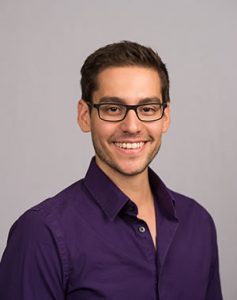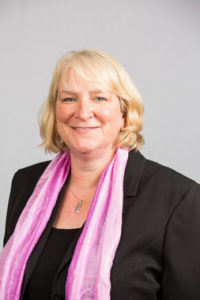 My name is Kenny Fennell and I am a second year Master of Public Policy student at the University of Michigan’s Ford School of Public Policy. I received my bachelor of science in civil and environmental engineering across the river from my home town of Cambridge from Northeastern University in Boston, Massachusetts. I have five years of experience working on economic development and infrastructure projects in Afghanistan, Haiti, Poland, and Honduras. This past summer I completed my Ford School internship by facilitating renewable energy projects in Jakarta, Indonesia with the U.S. Government’s Millennium Challenge Corporation.
My name is Kenny Fennell and I am a second year Master of Public Policy student at the University of Michigan’s Ford School of Public Policy. I received my bachelor of science in civil and environmental engineering across the river from my home town of Cambridge from Northeastern University in Boston, Massachusetts. I have five years of experience working on economic development and infrastructure projects in Afghanistan, Haiti, Poland, and Honduras. This past summer I completed my Ford School internship by facilitating renewable energy projects in Jakarta, Indonesia with the U.S. Government’s Millennium Challenge Corporation.
My policy focus is economic development and post-graduation, seeking to combine my civil engineering experience and policy degree in a project management role focused on community led economic development and inclusive revitalization projects.
Q – Public policy isn’t one of the most obvious career paths. Describe the path that brought you to it.
In my civil engineering career I’ve had the opportunity to work on a variety of projects from capacity building initiatives in Afghanistan to managing a group of volunteers for an Engineers Without Borders water resources project in Honduras. However, through these experiences I found was more interested with economic development strategy rather than engineering specifically. I enrolled at the Ford School to acquire the skills I need to engage the economic development process at a strategic level. Here at Ford I’ve gained the necessary skills to pivot my career not only because of the classes I took through Ford but because of the ability I have to take classes from schools across the Michigan campus. When I graduate, I will have taken classes from the Schools of Information, Business, Urban Planning, and Natural Resources and the Environment.
Q – What’s on your reading list this week? What are you doing for homework?
Lately I’ve been preparing for the continuation of my team’s Dow Sustainability Fellowship project. Since February we’ve been working in Detroit with the non-profit Focus: HOPE to identify barriers residents face when accessing car-sharing and ride-sharing technologies. Now that the fellowship is ending, we’re competing in the School of Public Health’s Innovation in Action and the College of LSA’s optimize incubators to develop our project of using human centered design principles to design shared-use mobility services to improve low resource communities’ access to jobs, food, education, and medical care. It seems every day we’re reaching into the network we’ve established inside and outside of Detroit to explore potential partnerships, funding, and legal structures for our project.
Q – What’s most important in life or what inspires you?
My parents inspire me. Because of them, I never realized how difficult we had it when I was young until I went to college. College was where I realized having teenage parents wasn’t considered normal and that they had worked hard to ensure I could have the opportunities to do what I want in life. It was through them I learned the traditional lessons of hard work and perseverance but also that what’s most important in life is to live in a way that creates positivity in the world.
Q – Favorite quote?
I have a number of favorite quotes; however, my most applicable one in any event whether you’re making a major life decision such as applying to graduate school or a smaller decision such as whether or not to participate in class is “Never let your fear decide your fate.”

 Services & Alumni Relations at the Ford School, I’ve worked with students through great economic times, downturns in the economy, Presidential and party transitions, and any number of shifts in policy priorities, trends in public-private partnerships, emerging fields and markets, and more.
Services & Alumni Relations at the Ford School, I’ve worked with students through great economic times, downturns in the economy, Presidential and party transitions, and any number of shifts in policy priorities, trends in public-private partnerships, emerging fields and markets, and more.